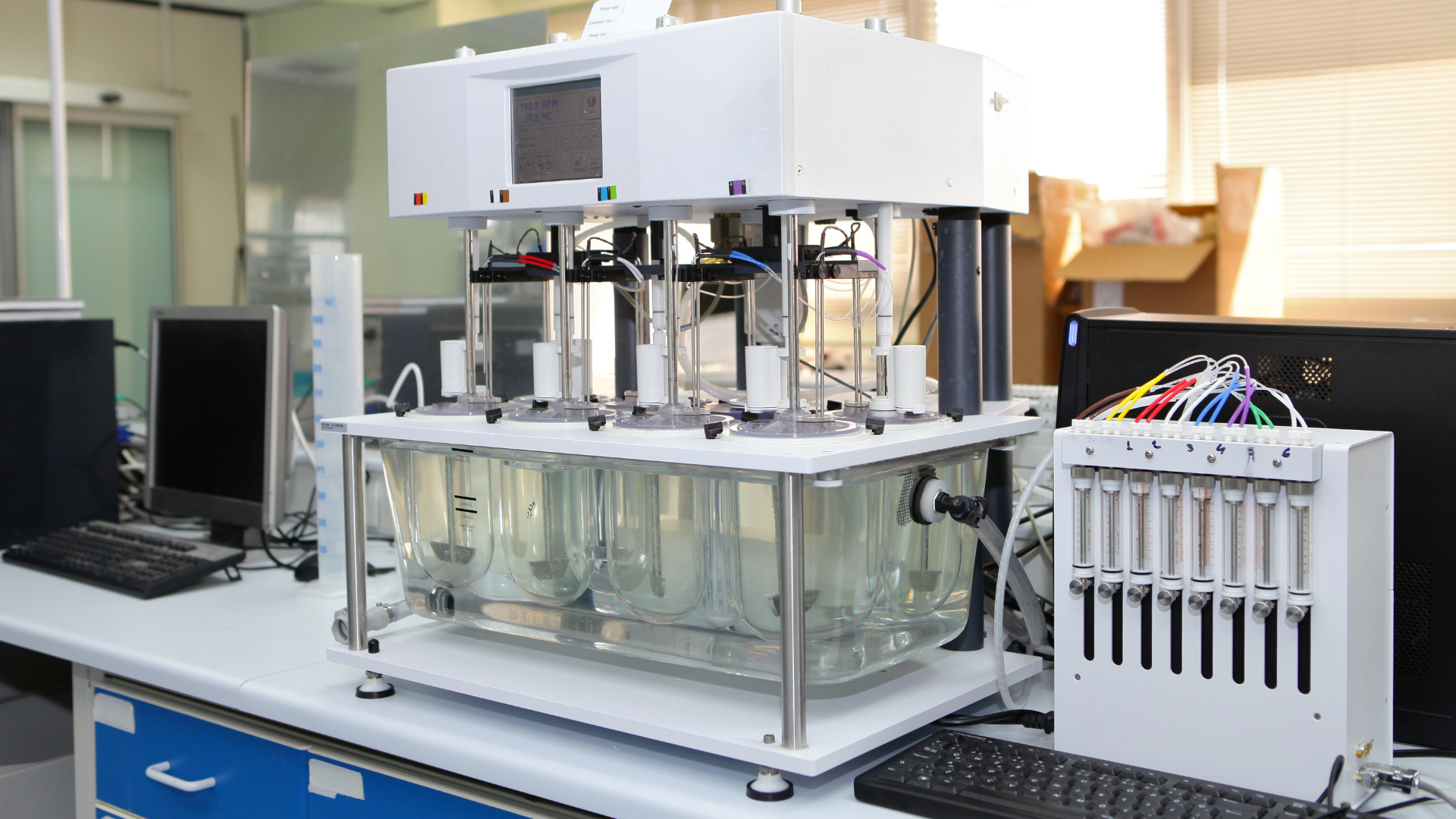Many people still ask if science and religion can come together. Two articles, one in The Pew Research Center’s 2014 Religious Knowledge Survey and the other in a study by Psychologist Steven Pinker offer different views on what things might look like in the future of philosophical discussion.
This article discusses a personal view of the importance of both science and religion for people, touching on topics such as morality and belief. The author discusses how limiting human progress is if we only take information from one field.
Dispute Between Science and Religion
The conflict between science and religion has been an ongoing debate for centuries. At its core, this conflict is about different ways of understanding the world around us. For many people, science provides a comprehensive understanding of the natural world, while religion offers a more holistic view that considers the spiritual aspect of life.
While there are inevitable disagreements between these two perspectives, scientists and religious believers tend to cooperate and collaborate. This is mainly due to the fact that both camps have important objectives that they want to achieve. Scientists want to understand how the world works, while religious believers want to find meaning in life. By working together, these groups can better achieve their shared goals.
There are occasional exceptions to this cooperative attitude, but overall it is a strong trend. This cooperation often leads to beneficial discoveries that would not have been made if either group was solely focused on its agenda. For example, researchers from both sides created the polio vaccine in 1955. This collaboration led to the eradication of polio from most parts of the world within a few years.
Despite these occasional successes, there are still some areas where cooperation between science and religion is not possible or desirable. One major problem is when science conflicts with religious beliefs. For example, many devout Christians believe that 24 hours a day is not enough time for God’s work on Earth and that He created time expansively over billions of years.
Talks About the Nature of Science and Religion
Science and religion are two of the most commonly discussed topics in today’s society. They come from different perspectives and originate from different origins, but do they stand in opposition to each other? Experts usually discuss the nature of science and how it differs from religion. She argues that science is a way of looking at the world that should be collaborative, not opposed to religion. This way, people can find common ground while still understanding and appreciating their differences.
The essence of science differs from traditional religious beliefs because it relies on experimentation and observation. Scientists don’t adhere to supernatural entities or miracles; instead, they prioritize our observations of the world. Science has enhanced our lives both materially and spiritually by uncovering truths about our world. It’s commonly thought that religious beliefs can also contribute to improved living standards by instilling values like morality and charity. That’s why many people continue to visit religious places such as this evangelist catholic church to enrich their lives through the teachings and beliefs their religion offers.
Overall, experts provide an interesting perspective on the relationship between science and religion. They illustrate how both disciplines can benefit from each other while maintaining their unique identities. The discussion begs the question: Should science be opposed to religion, or should they be Collaborative Partners?
Science and Religion: Cooperation or Conflict?
Despite apparent conflicts between science and religion, both domains play crucial roles in our understanding of the world. Science aims to answer questions about the natural world through empirical study, while religion seeks to provide insights about the supernatural realm. It is essential for these two disciplines to complement each other for a comprehensive understanding.
Science often benefits from religious teachings and historical knowledge, such as Bible lessons, to formulate hypotheses and test them using empirical evidence. In return, religion can benefit from scientific discoveries to validate its claims and interpretations. For instance, Joseph Smith’s statements about the organization of particles in human creation can be considered in light of modern scientific knowledge about cells and biology. This highlights the interconnectedness of scientific understanding and religious teachings. If you’re interested in exploring Joseph Smith’s life, teachings, and methods, including Joseph Smith Polygamy practice, you can read on these topics alongside his statements with a scientific perspective.
Moreover, integrating science and religion can extend beyond their respective domains. For example, when it comes to studying the Bible, science can offer valuable insights to interpret the historical and cultural contexts of biblical texts, aiding in the understanding of their significance and application. When bible lessons are enriched by scientific knowledge, it can foster a deeper appreciation and contextual understanding of religious teachings. In short, science and religion are both essential for human understanding.
Science and religion often come under fire for their opposing views on how the world works. However, recent studies have shown that they are not as mutually exclusive as we thought. Sometimes science and religion can work together to advance our understanding of the world. So what should we make of this apparent contradiction? I believe that both science and religion can play a role in helping us navigate our way through the complexities of life. But ideally, each one of us should strive to learn more about both fields so we can properly engage with them without bias or prejudice.




